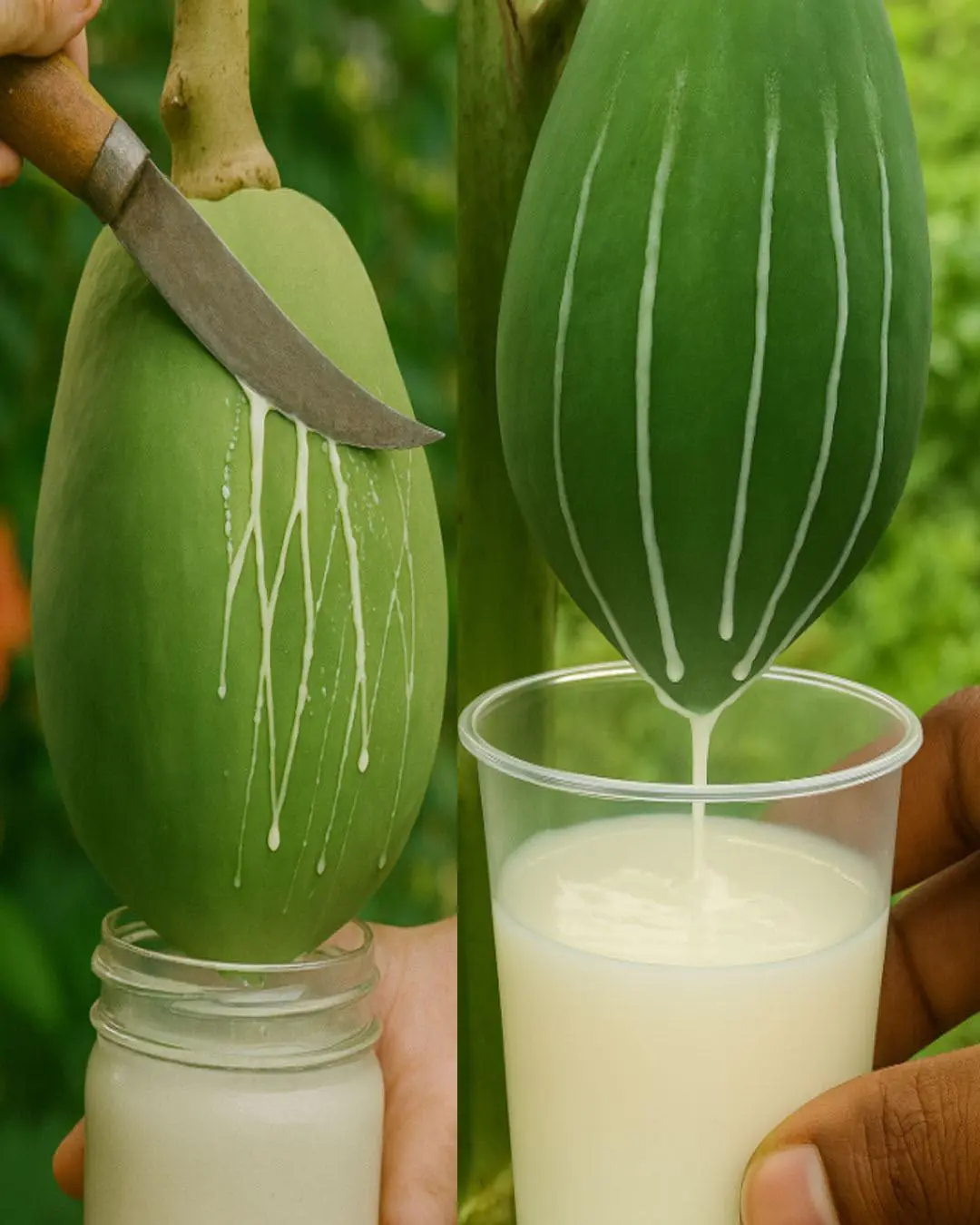
Euphorbia Hirta: 9 key health benefits of this versatile plant
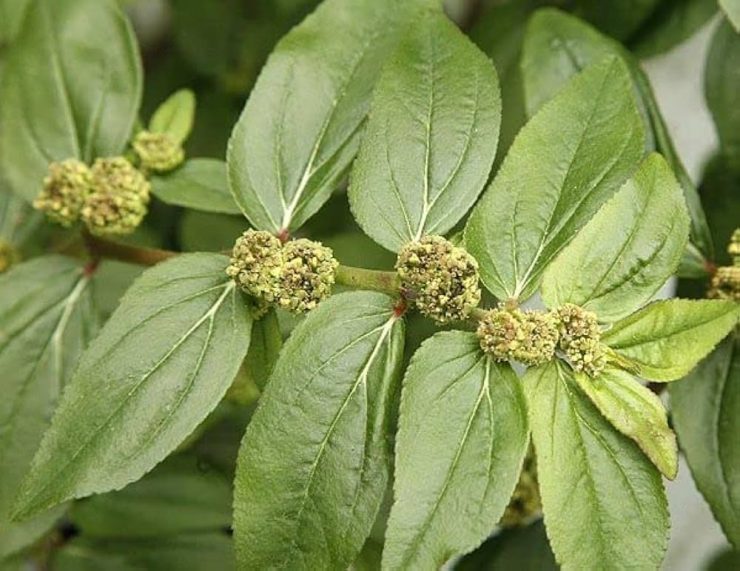
Euphorbia hirta, commonly known as asthma weed, is a remarkable medicinal herb widely used in traditional systems of medicine across Asia, Africa, and Latin America. This small yet potent plant is packed with bioactive compounds—including flavonoids, tannins, alkaloids, and terpenoids—that give it a wide range of healing properties.
From respiratory relief to skin care and blood sugar control, Euphorbia hirta offers natural support for many common ailments. Here's a closer look at 9 scientifically and traditionally recognized health benefits of this powerful herb—and how you can safely use it at home.
🌬️ 1. Relieves Asthma and Respiratory Conditions
One of the most well-known traditional uses of Euphorbia hirta is for treating asthma, bronchitis, chronic cough, and even colds. Thanks to its bronchodilator and anti-inflammatory properties, it helps to open the airways, reduce phlegm, and improve breathing.
How to use:
Boil the leaves in water to make a decoction or herbal tea. Drink 1–2 times daily to support respiratory function. You may also inhale steam from the boiled plant for added relief.
💩 2. Treats Diarrhea and Dysentery
This plant has strong antidiarrheal and antimicrobial effects. Its astringent compounds help reduce inflammation in the gut, while its antibacterial properties help eliminate harmful pathogens causing dysentery and loose stools.
How to use:
Drink Euphorbia hirta tea or a mild decoction to restore bowel regularity and ease intestinal discomfort. Avoid using it for more than 2–3 days without medical advice.
🩹 3. Accelerates Wound Healing
Thanks to its antiseptic, anti-inflammatory, and coagulant effects, Euphorbia hirta is traditionally applied to cuts, burns, insect bites, and minor wounds. It speeds up healing and helps prevent infection.
How to use:
Crush fresh leaves into a paste and apply it directly to the affected area. Cover with a clean cloth or bandage. Reapply 1–2 times daily until the wound heals.
🌸 4. Regulates Menstrual Cycle & Eases Menstrual Cramps
Women have long used Euphorbia hirta in traditional remedies for menstrual irregularities, including heavy bleeding, delayed periods, and painful cramps. It’s believed to have uterotonic properties that support female reproductive health.
How to use:
Prepare a mild infusion and drink once daily during menstruation to ease cramps and regulate hormonal balance. Always consult your doctor before use, especially if you're on medications or have hormonal conditions.
🩸 5. Supports Blood Sugar Control
Emerging studies suggest Euphorbia hirta may have antidiabetic effects, helping to regulate blood glucose levels and improve insulin sensitivity. Its rich antioxidant profile also combats oxidative stress, which is especially important for diabetics.
How to use:
Drink a decoction made from the leaves once daily. Monitor blood sugar levels regularly and consult a healthcare provider before using it as a supplement for diabetes.
🚽 6. Fights Urinary Tract Infections (UTIs)
Euphorbia hirta acts as a natural diuretic, helping flush out toxins and bacteria from the urinary tract. Its antibacterial and anti-inflammatory actions make it effective in reducing burning sensations, frequent urination, and other UTI symptoms.
How to use:
Make a tea using the leaves and drink once or twice a day during active infections. For prevention, consume weekly in moderation.
🛡️ 7. Boosts Immunity and Fights Viral Infections
With its high content of flavonoids, tannins, and phenolic compounds, Euphorbia hirta boosts the immune system and helps fight common infections such as colds, sore throats, and flu. It’s also been studied for its potential antiviral and antifungal effects.
How to use:
Drink the tea regularly during flu season or when recovering from illness to give your body a natural immunity boost.
🌡️ 8. Reduces Fever and Inflammation
Traditionally used as a natural antipyretic, Euphorbia hirta helps lower fevers and combat inflammatory conditions like arthritis. Its cooling effect on the body makes it suitable during infections, heat exhaustion, or joint pain.
How to use:
Drink warm tea 2–3 times daily during fevers. You can also use it alongside other natural remedies like ginger and turmeric for added effect.
🧴 9. Soothes Skin Conditions and Irritations
Euphorbia hirta is applied topically to treat a range of skin problems, including acne, eczema, rashes, fungal infections, and insect bites. Its antiseptic properties cleanse wounds, while its anti-inflammatory compounds reduce redness and swelling.
How to use:
Crush fresh leaves to extract the juice or create a paste. Apply directly to the skin 1–2 times daily. Rinse off after 20–30 minutes or once dry.
⚠️ Precautions and Safety Tips
Although Euphorbia hirta is generally safe when used correctly, it’s important to follow guidelines to avoid unwanted side effects.
-
Avoid overuse: Excessive consumption may cause gastrointestinal issues such as nausea or stomach upset.
-
Pregnancy and breastfeeding: Not recommended without consulting a qualified healthcare provider.
-
Topical use: Always do a patch test before applying to the skin to check for allergies or sensitivities.
-
Dosage: Stick to moderate amounts, especially when drinking teas or decoctions. Herbal medicine is powerful—more is not always better.
🌱 Final Thoughts
Euphorbia hirta is a humble yet powerful herb that offers a natural alternative for treating respiratory problems, digestive issues, skin conditions, and more. Whether you're exploring herbal remedies or simply looking for plant-based ways to support your health, this versatile plant deserves a spot in your natural medicine toolkit.
As always, consult a qualified herbalist or physician before starting any new herbal regimen, especially if you're managing chronic conditions or taking medications.
News in the same category

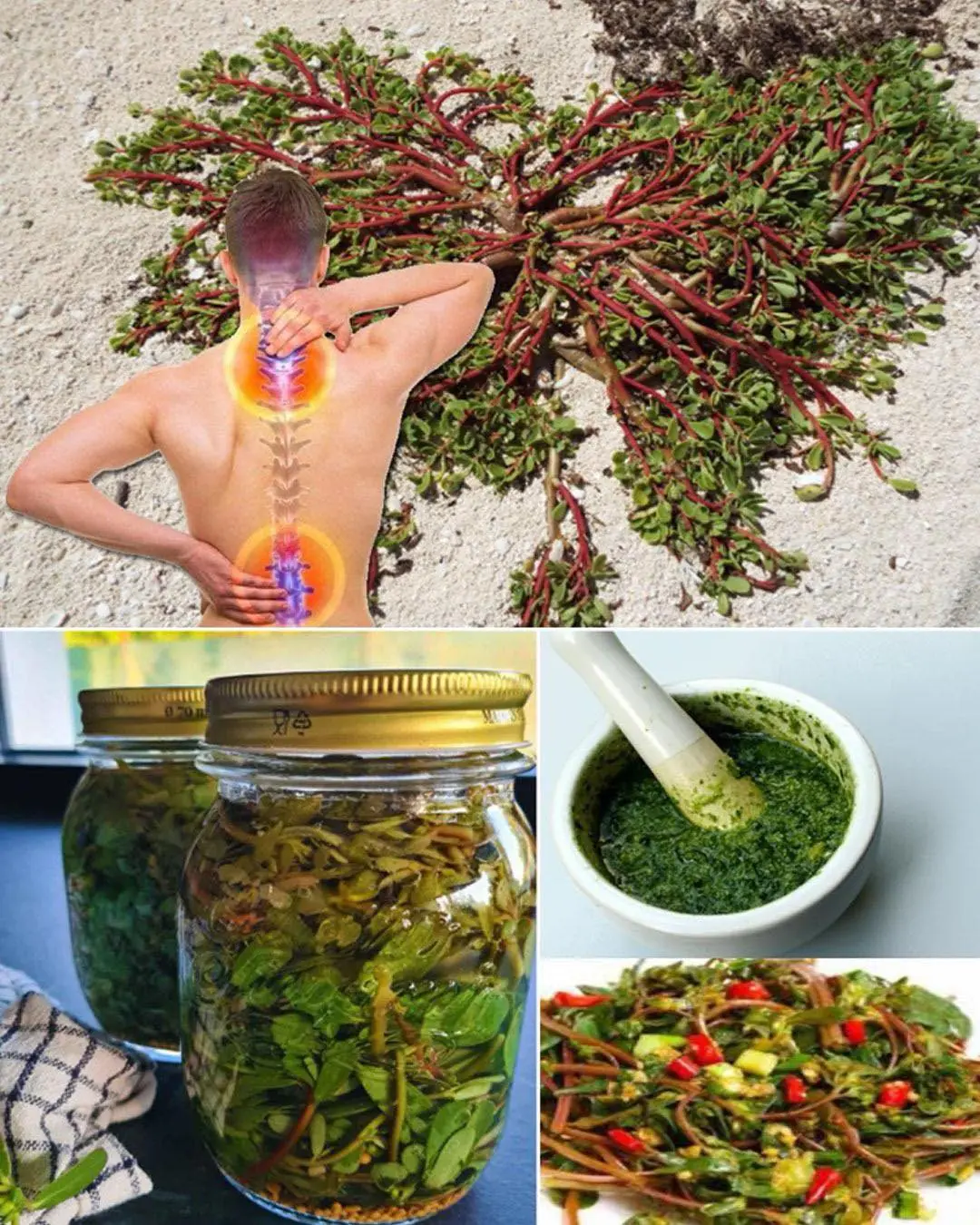
Purslane: The Superfood That Tastes Better Than Meat – 7 Reasons to Grow It in Your Garden

9 DIY Cucumber Trellis Ideas for Easy Harvesting and Maximized Garden Potential
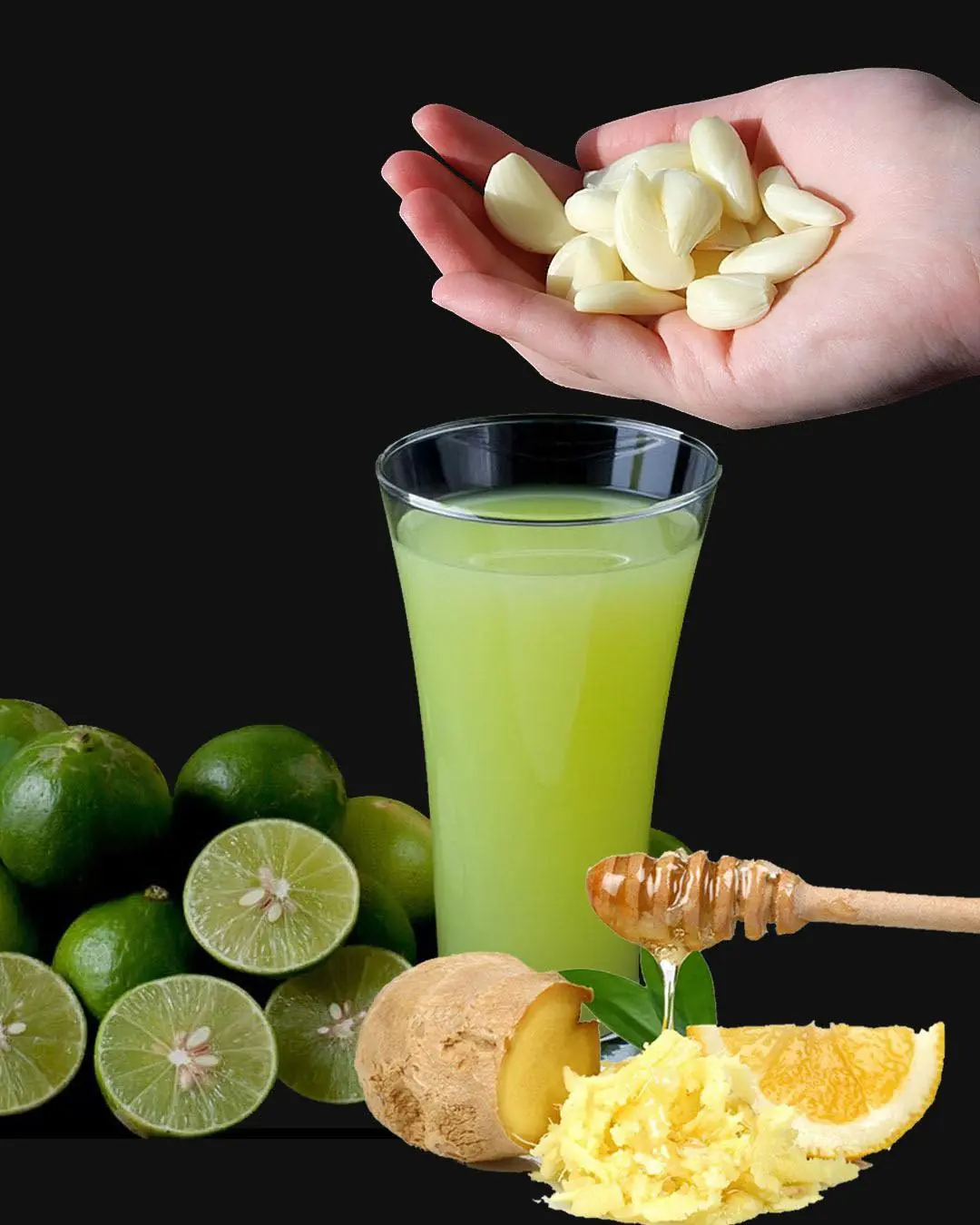
Honey, Lemon, Onion, Garlic & Ginger: The Daily Spoonful That Works Wonders
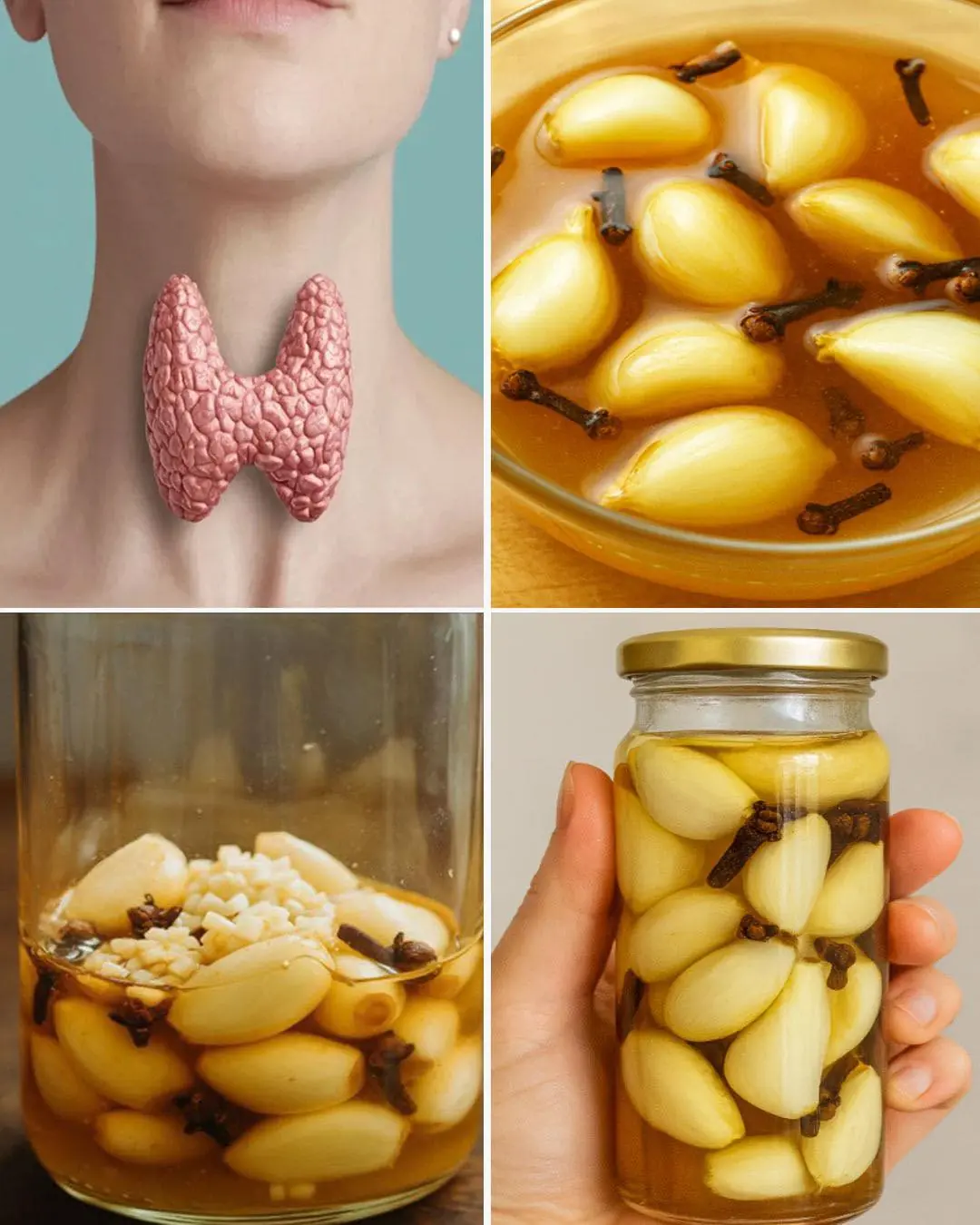
Garlic, Honey, and Cloves – a powerful natural remedy packed with health benefits
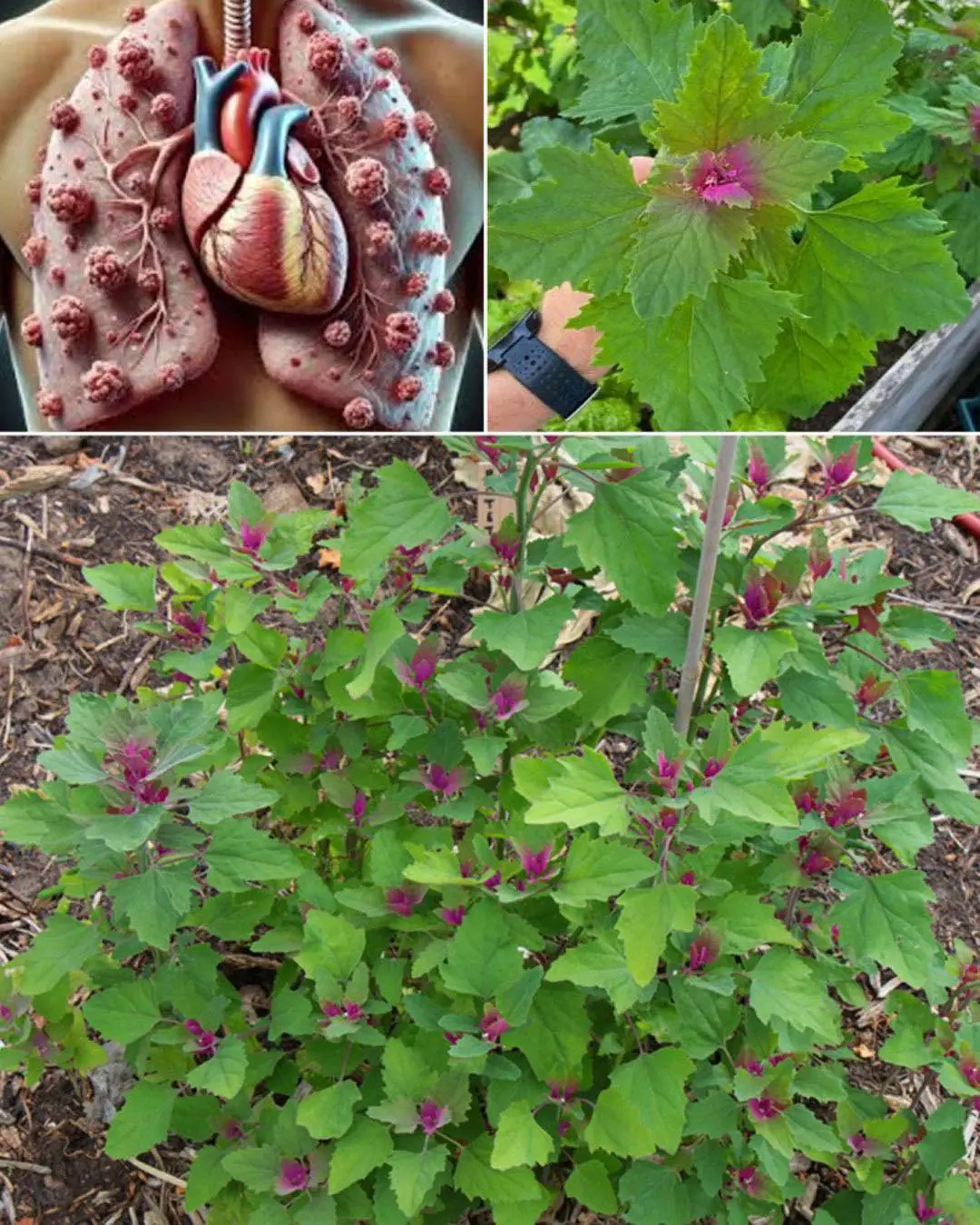
Discovering the Health Benefits of Lamb’s Quarters
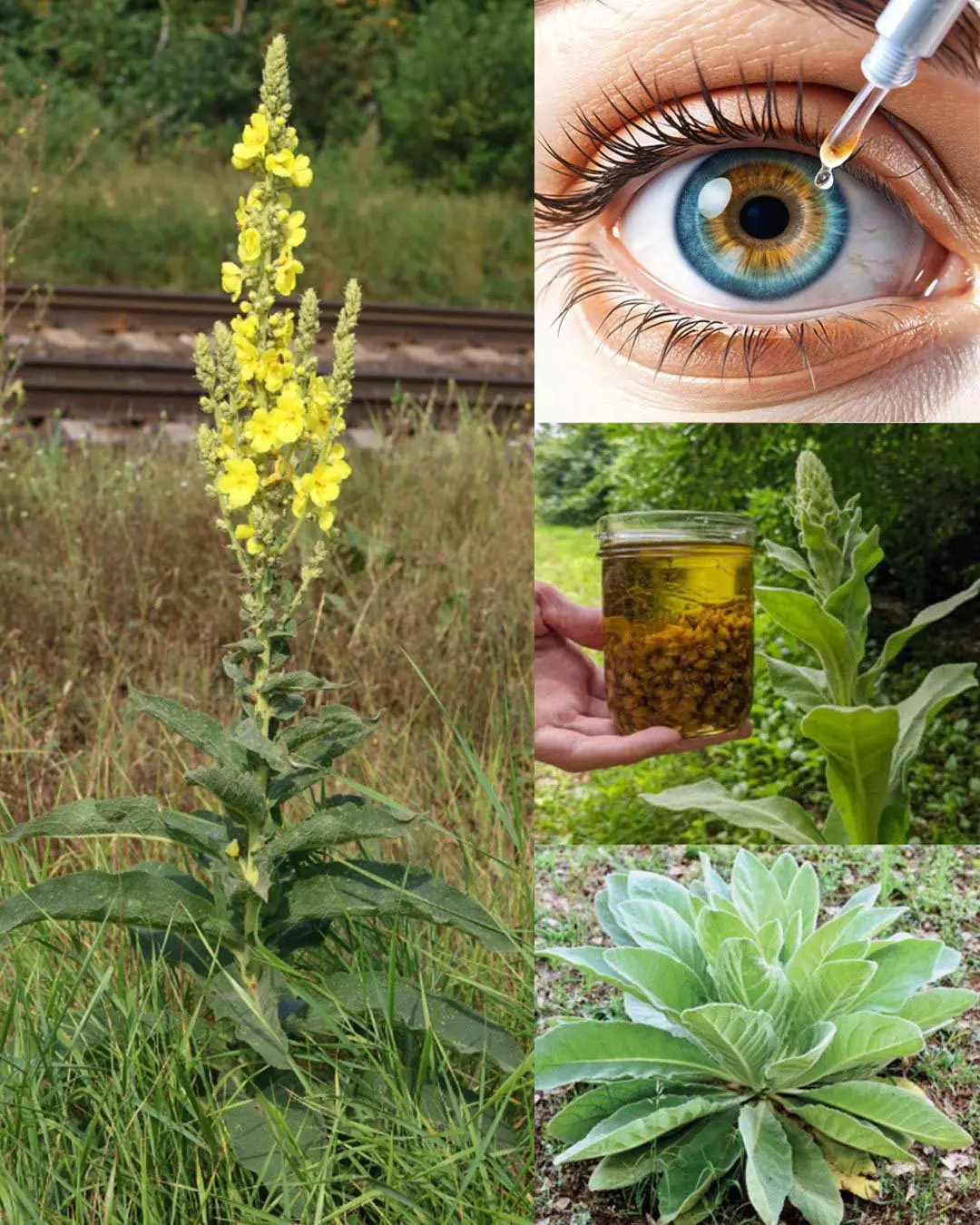
Common Mullein: Benefits and Uses of Nature’s Versatile Herb

12 Homemade fertilizers for plants easy to find at home
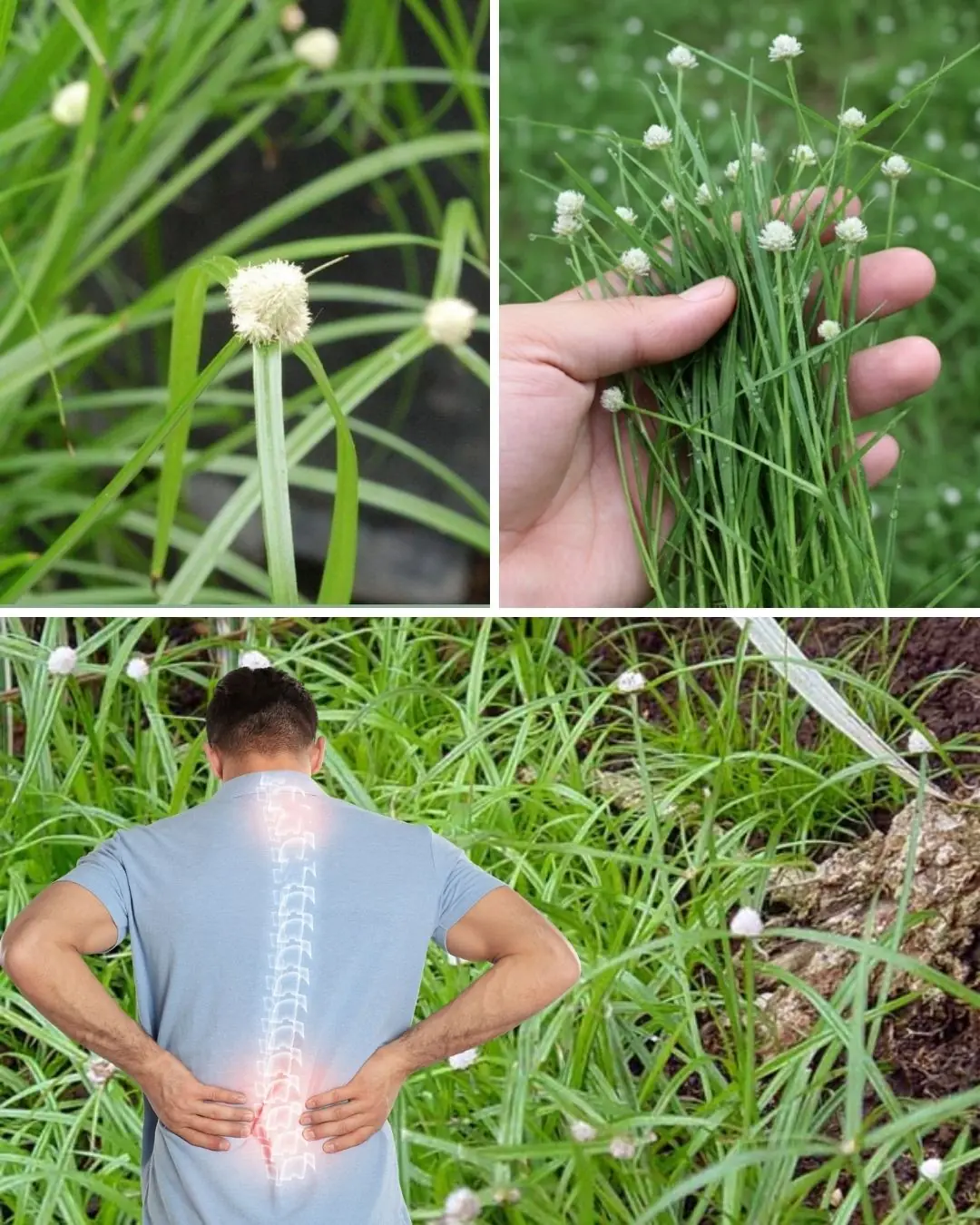
Cyperus Rotundus: The Ancient Herb with Modern Healing Power
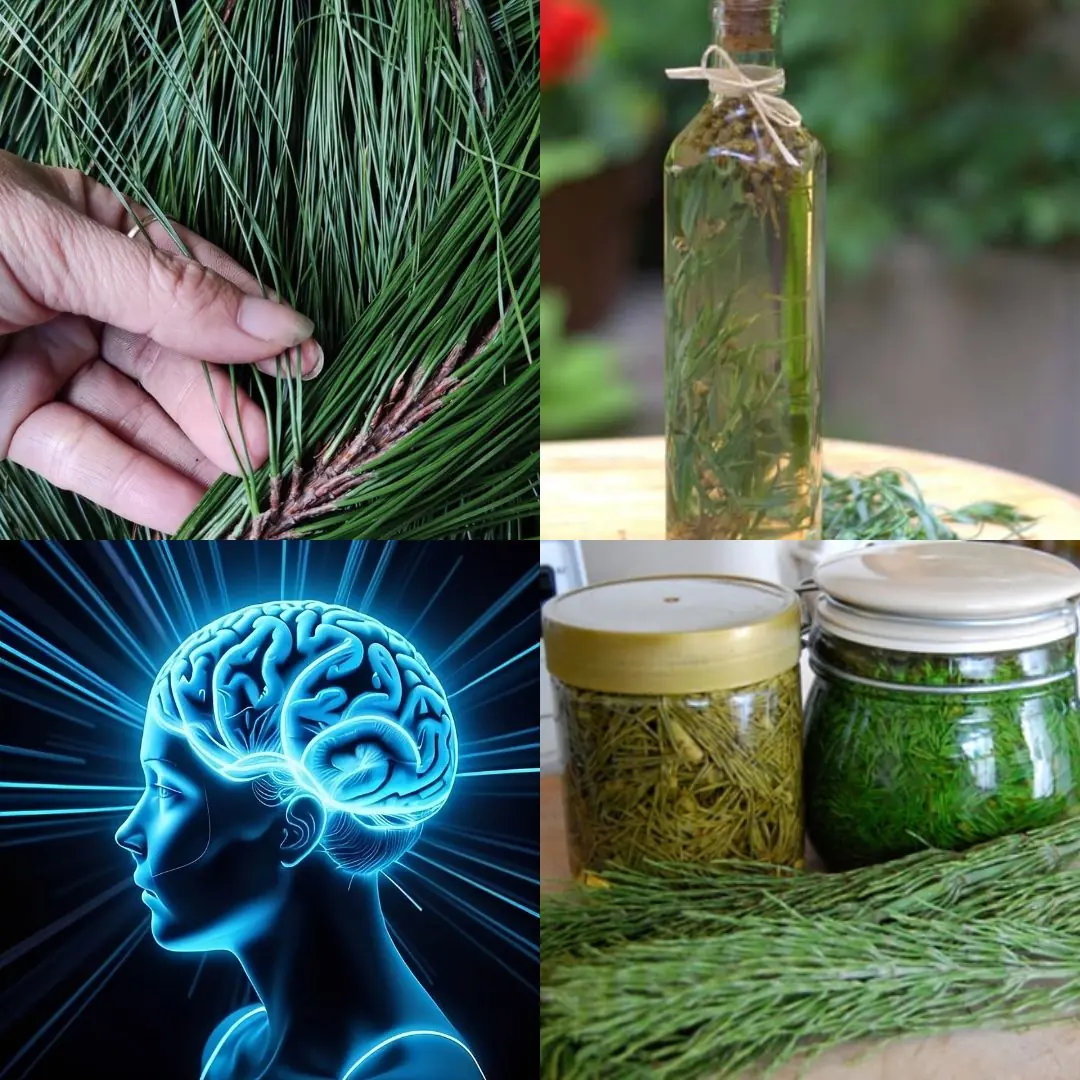
Pine Needle Sprite: A Refreshing Homemade Fermented Drink
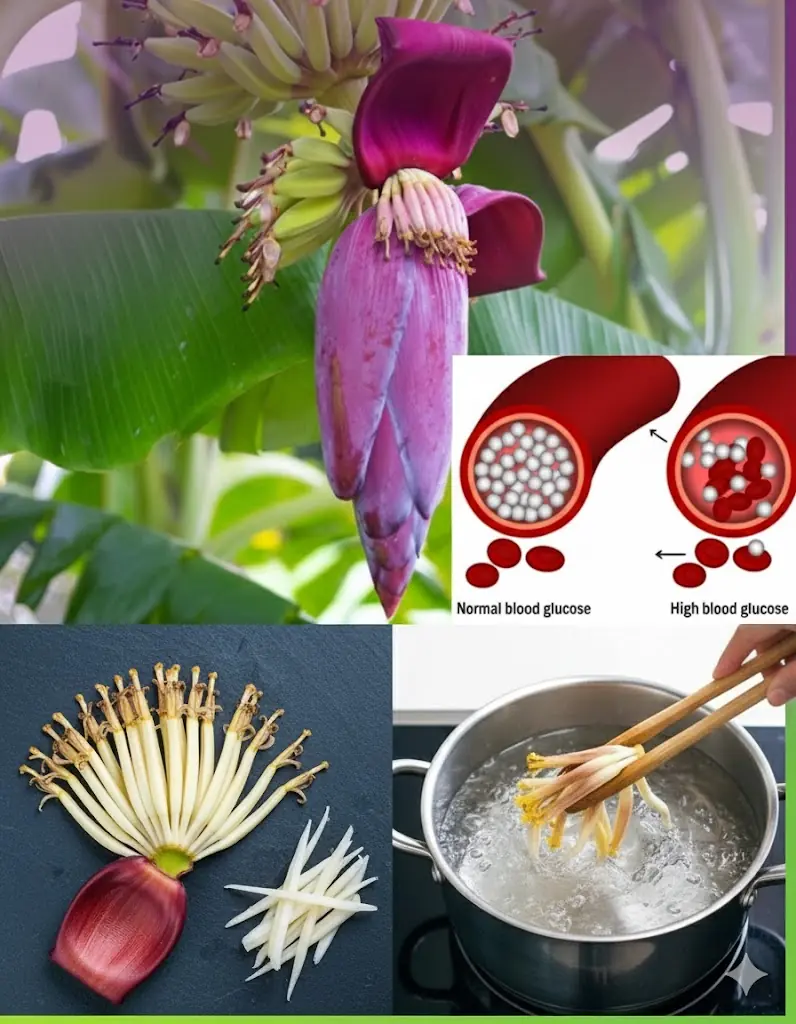
Banana Blossom: Health Benefits, Recipes, and Traditional Uses
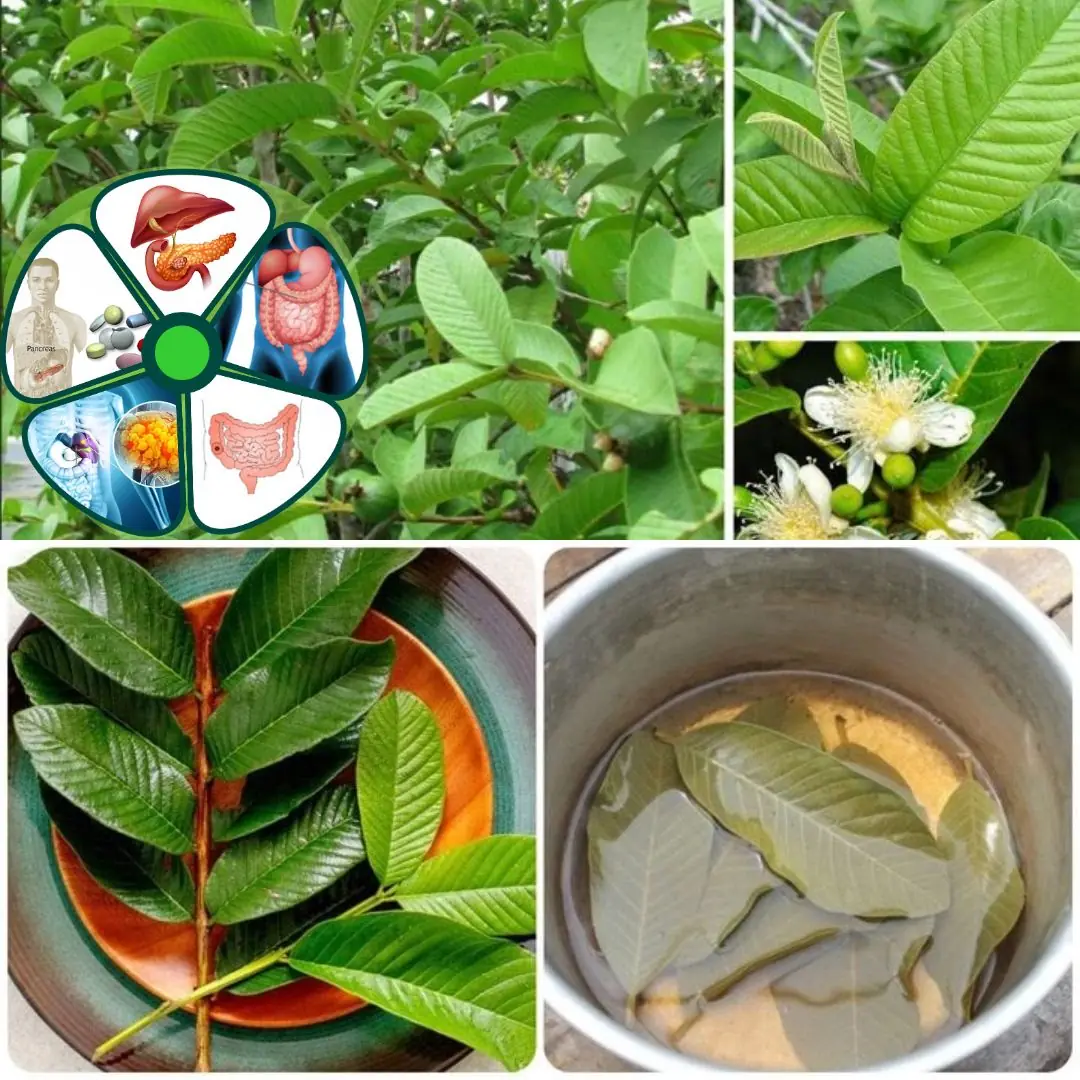
25 Incredible Benefits of Guava Leaves
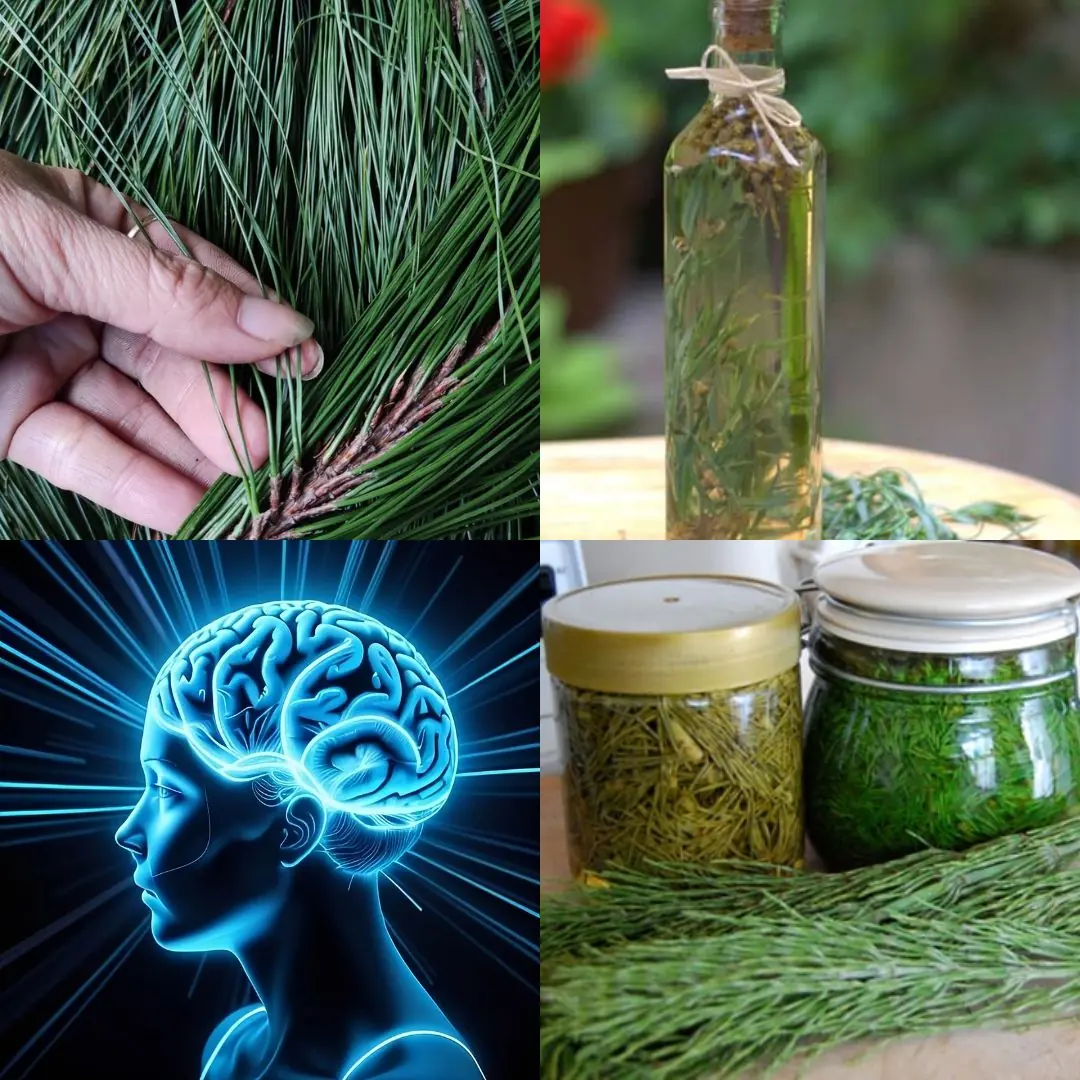
Most people underestimate the power of pine needle sprite (better than you think)
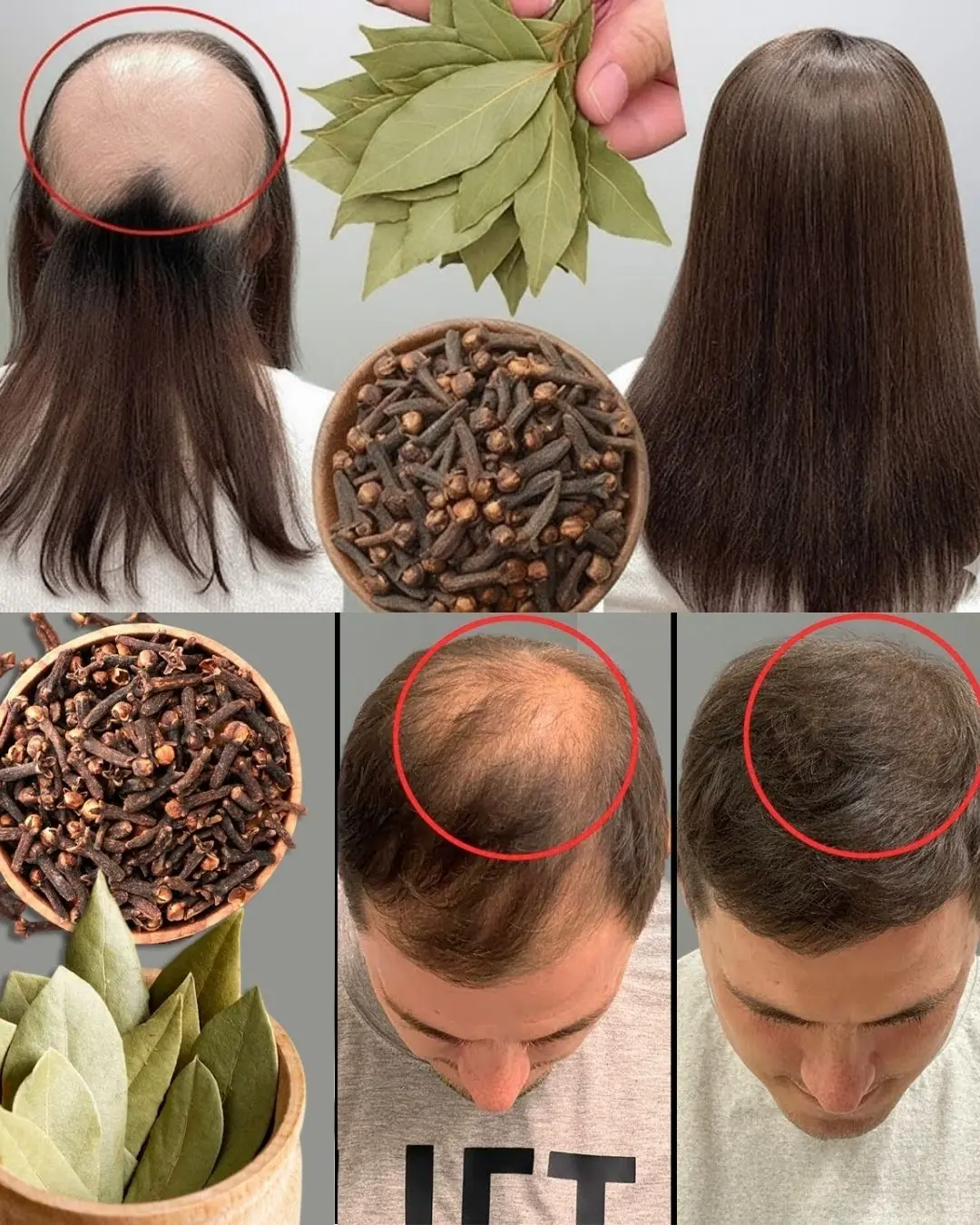
“This 2-Ingredient Hack May Trigger Hair Regrowth in Just 30 Days!”
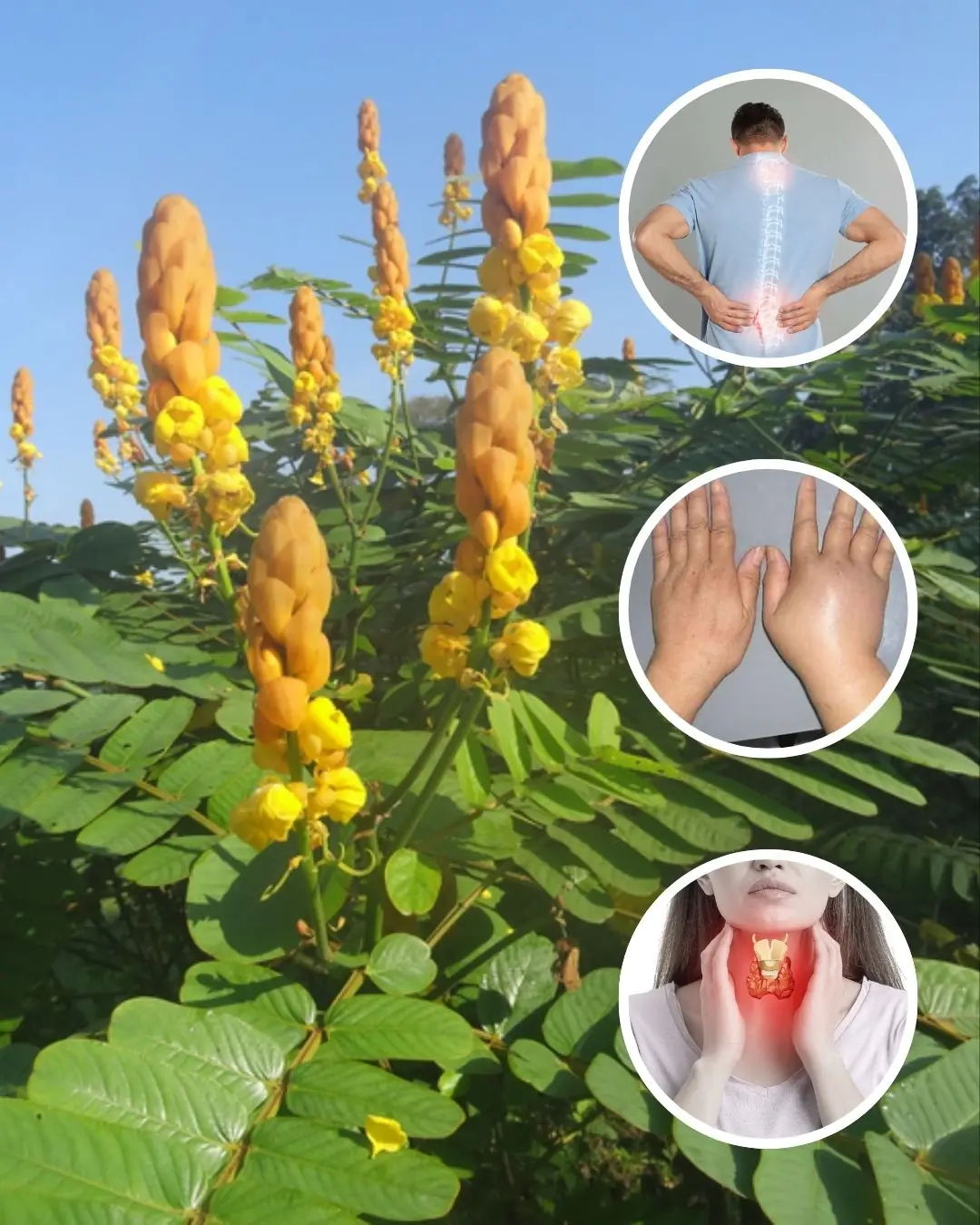
Senna Alexandrina: 7 Benefits and uses

Coffee and Vaseline Face Mask: A Natural Remedy for Hydrated, Glowing Skin

Strawberries and Baking Soda: A Natural Teeth Whitening Remedy
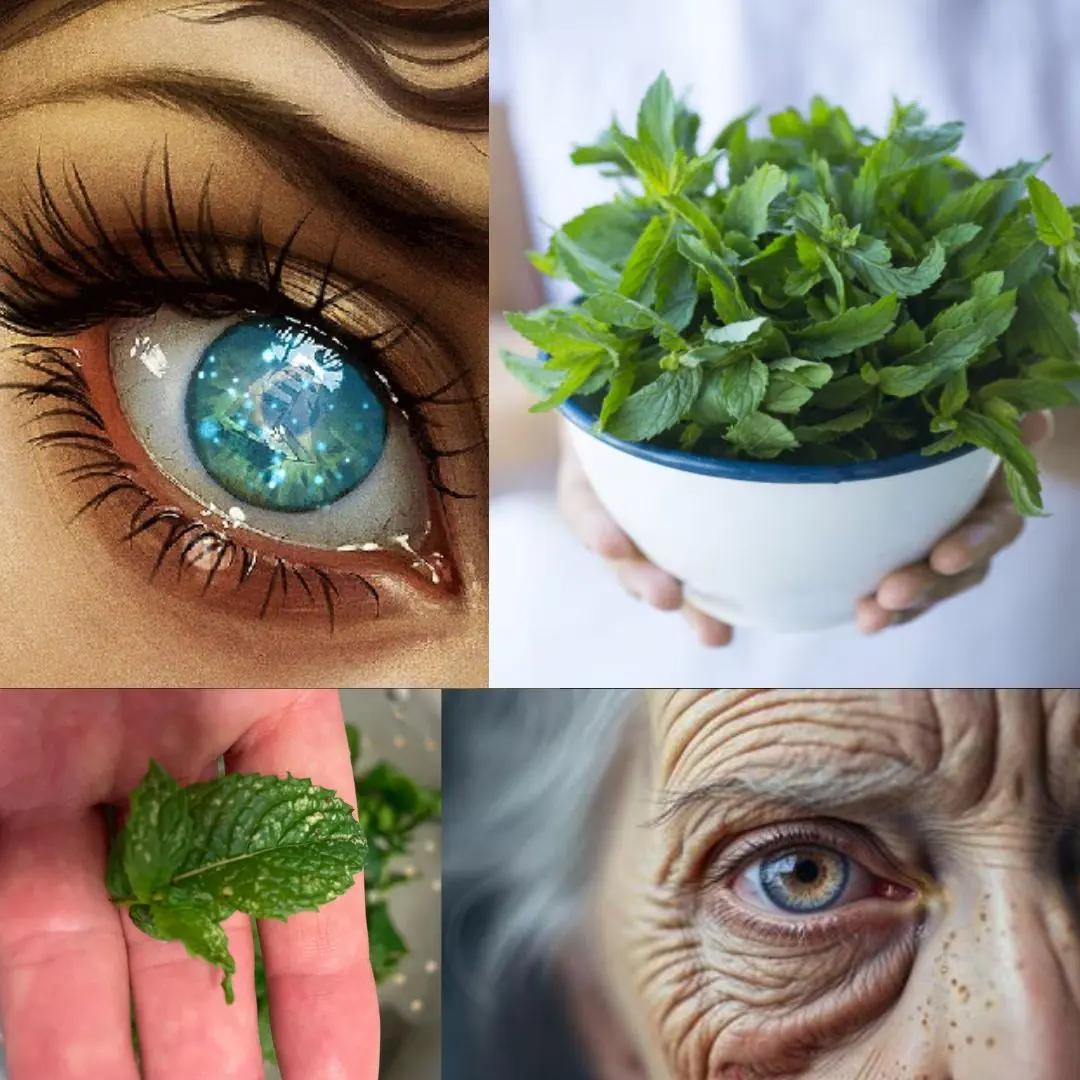
The Ultimate Herbal Eye Care Remedy: Keep Your Vision Healthy with This Simple DIY Solution
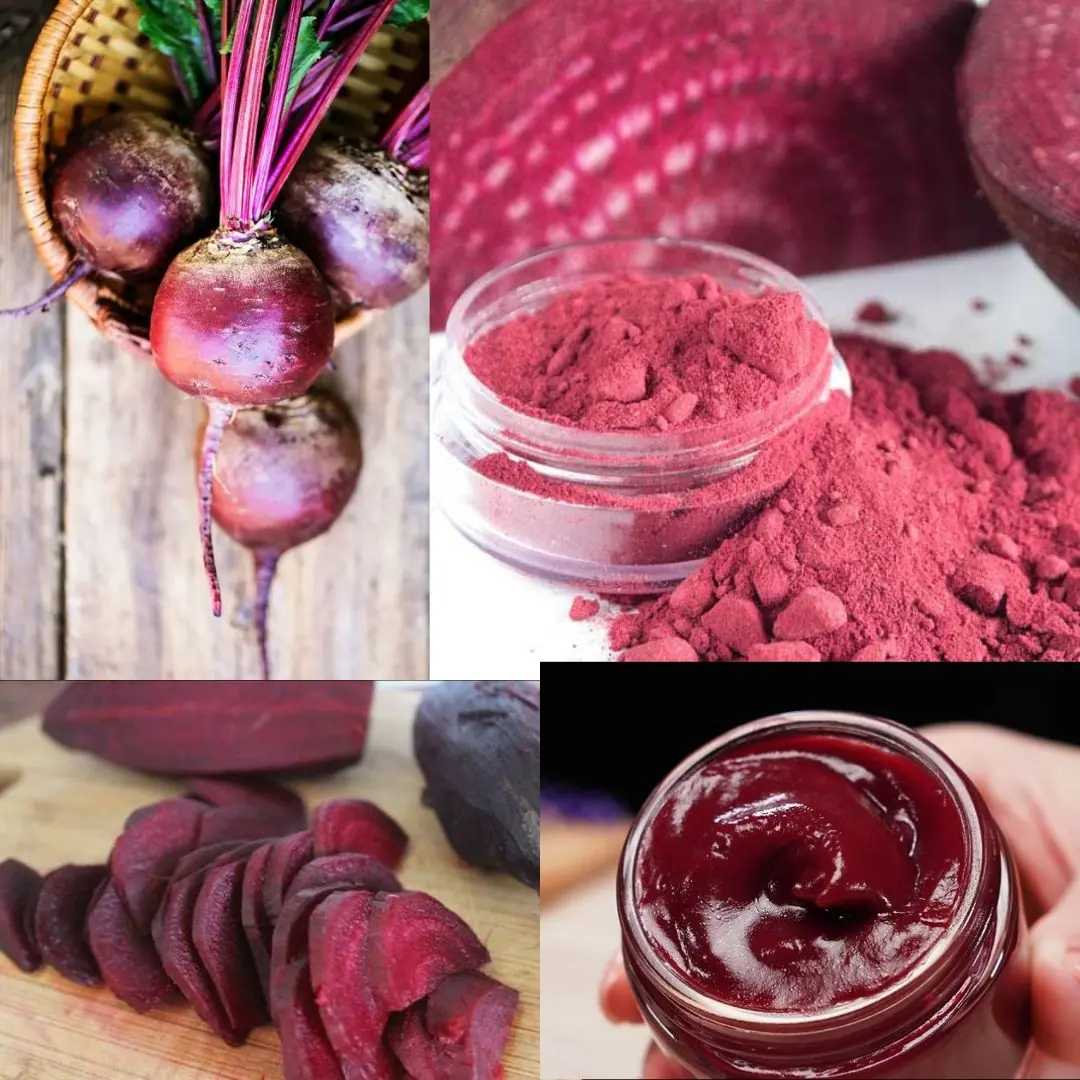
The Ultimate Guide to Beetroot: Benefits, Uses, and Creative Ways to Enjoy It
News Post
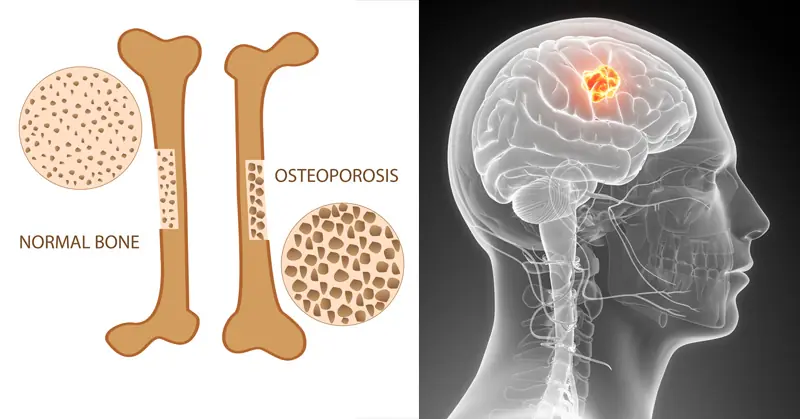
This Drink Destroys Your Bones From the Inside and Harms Every Organ on Its Way Out

Stop Ignoring These 8 Subtle Signs of Heart Trouble Before It’s Too Late
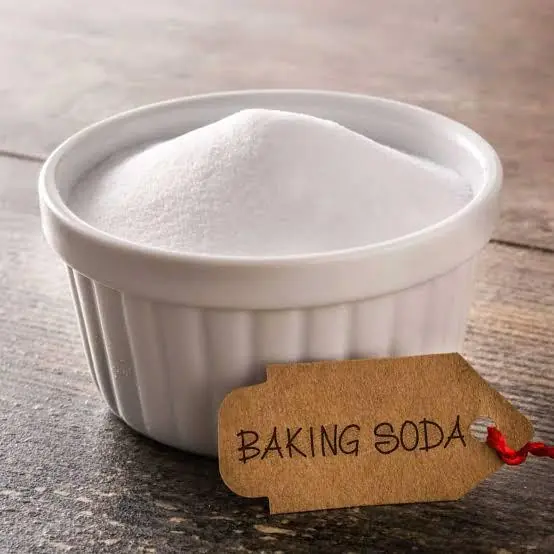
1 Teaspoon of Baking Soda Can Do This to Your Body!

Still Waking Up Tired? This Simple 3g Bedtime Mix Beats Melatonin for Deep Sleep

Papaya releases a milky sap, but most people don’t realize how important it is

Purslane: The Superfood That Tastes Better Than Meat – 7 Reasons to Grow It in Your Garden

9 DIY Cucumber Trellis Ideas for Easy Harvesting and Maximized Garden Potential

Honey, Lemon, Onion, Garlic & Ginger: The Daily Spoonful That Works Wonders

Garlic, Honey, and Cloves – a powerful natural remedy packed with health benefits

Discovering the Health Benefits of Lamb’s Quarters

Common Mullein: Benefits and Uses of Nature’s Versatile Herb

12 Homemade fertilizers for plants easy to find at home

Is It Necessary to Unplug the Rice Cooker After the Rice Is Cooked?

Find All 7 Animals Hidden

6 Surprising Predictors of Divorce You Probably Overlooked

Cyperus Rotundus: The Ancient Herb with Modern Healing Power

Here’s How to Starve Cancer to Death By Removing One Thing From Your Diet

This Super Tea Kills Parasites And Cleanses The Body of Toxins
